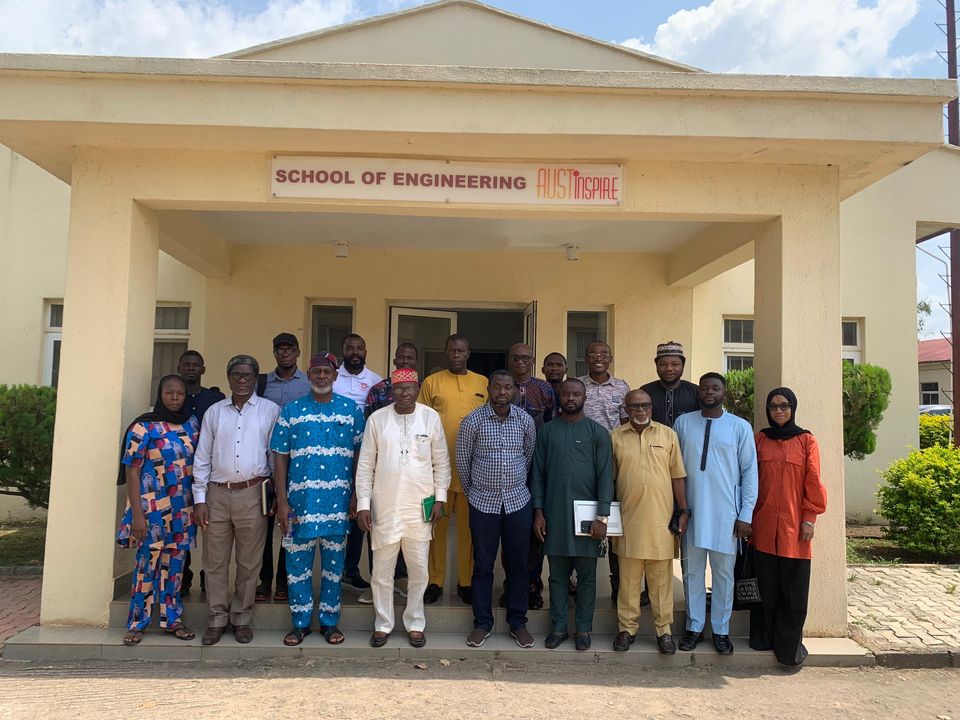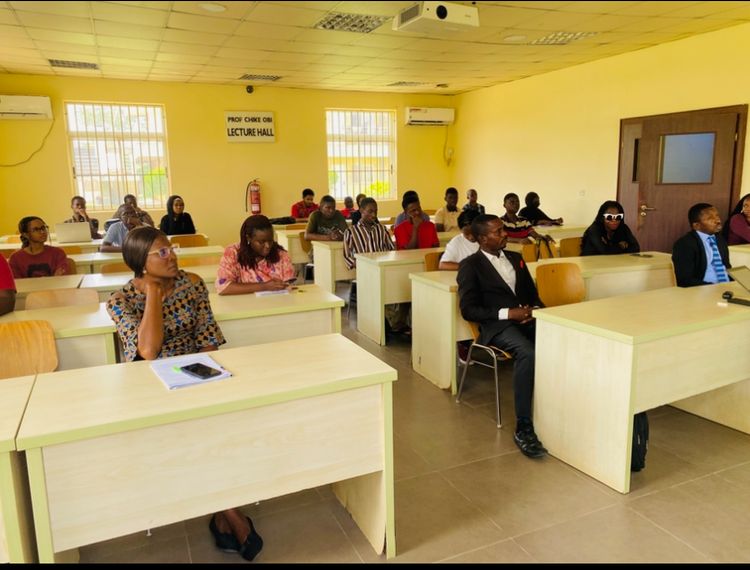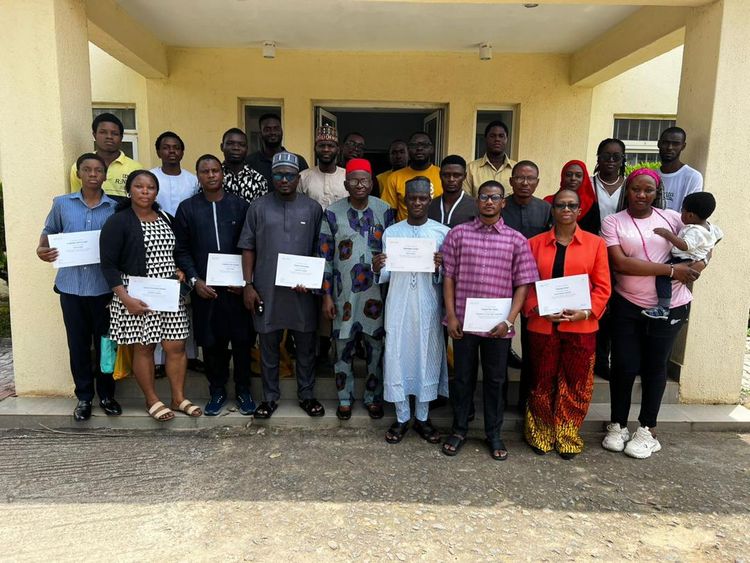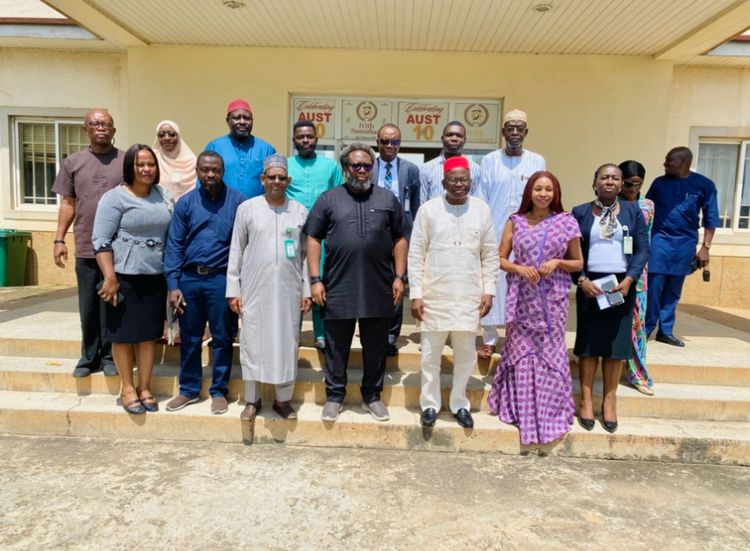Prof. Onwualu urges AUST faculty to imbibe project-based learning

The President, African University of Science and Technology (AUST), Abuja, Professor Azikiwe Peter Onwualu, FAS has called on the university's faculty to explore the potentials of project based lesrning.
Professor Onwualu made the call while declaring open a seminar on Project-Based Learning (PBL) and Student Assessment held at the AUST campus recently.
According to him “PBL helps students discover what content is useful and how to apply it in real learning situations,” he explained
Onwualu, also touched on institutional development, referencing the grading policy— which aligns with American university standards, unlike the more traditional Nigerian grading system.
He urged the faculty to get in line with it even though it may be strange to Nigerian traditional learning.
The AUST President outlined the importance of integrating ICT in teaching, which fosters hands-on experience, and working closely with AUSTInspire to align departmental courses with institutional innovation.
He also encouraged faculty to explore the potential of project-based learning as not just a tool for deeper engagement, but as a model that mirrors real-world expectations, cultivates problem-solving, and enhances collaboration among students.
The hybrid seminar which was attended by both the visiting and resident faculty was facilitated by the Director of Academic Planning, Dr. Abdulhakeem Bello
Dr. Bello emphasized on the importance of project based learning describing it as a form of inquiry-based learning that engages students in exploring real-world problems through individual and group projects.
He further highlighted key design principles for implementing PBL, including ensuring that projects are purposeful and rooted in authentic experiences, and deeply integrated with course content.
He urged the university's faculty to use various research and learning methodologies to assess student projects, such as displaying videos during lectures, creating posters, and making live presentations.
The DAP further harped on the need to utilize Rubrics as a guide for assigning grades and the provision of feedback and outlined the role of lecturers in encouraging participation, especially in group projects where one student may be the dominant factor.
Under this condition, he advised the faculty to ensure equal contributions by the project participants during their assessments.
In his contribution, the Acting Head of Department, Civil Engineering, Dr. Olusegun Toluhi expressed his concerns on students who remain passive during group assessments.
As a way out, he urged the faculty to be innovative and fair in evaluating each student’s contribution.
The Head of Department, General Studies, Dr. Bosco Okolo-Obi, suggested that all group members be given individual time to present and/or answer at least one question during project assessments to ensure accountability.
The seminar ended on a good note with participants going home on the best teaching methods so as to meet up with the mission and vision statements of the university.





